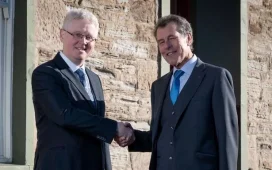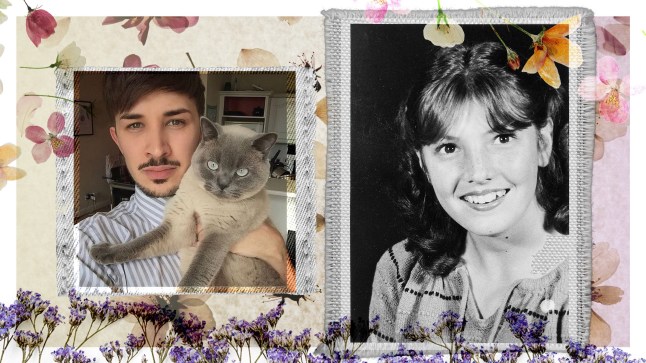
Candace Lightner and Figen Murray have lived out every parent’s worst nightmare – the loss of a child. To compound their grief, both of their children’s deaths were completely avoidable.
Here, Candace and Figen share their stories of how they fought through their devastation to campaign for lifesaving change, while Metro honours some of the other mums who have made a difference in memory of their children.
‘I didn’t lose my daughter, she was taken from me’
Cari Lightner was just 13 when she was killed by a drunk driver as she walked home from school. The teenager was hit from behind, thrown 125 feet in the air and left with a broken neck in the road. The man behind the wheel didn’t stop to help or tell anyone what he did. He instead went home, told his wife ‘not to look at the car’ and passed out drunk.
‘I don’t like the term “lose”. I didn’t lose Cari. She was taken from me,’ her mum Candace Lightner tells Metro from her home in Virginia, USA.
‘When a child dies, in my opinion, it’s the worst death, the worst experience, the worst tragedy, the worst trauma that a parent can deal with.’
Following Cari’s death, Candace’s grief quickly turned to blind rage when she discovered four days after the collision that her daughter’s killer had prior drunk driver convictions.
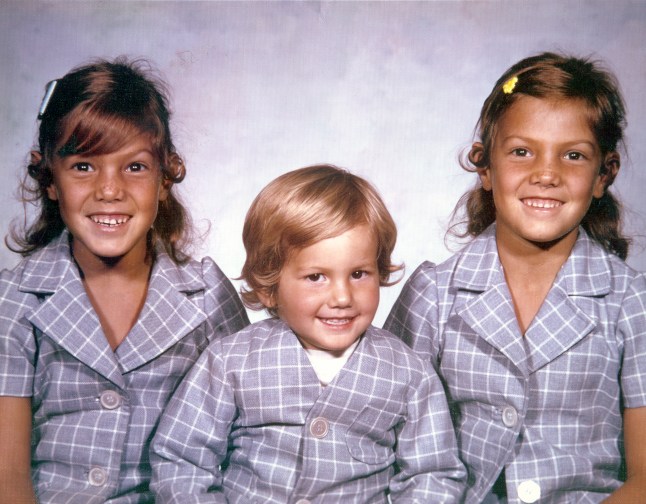
Spotting a police officer on the cordon of the crash site at her home, Candace, now 78, pulled over and spoke to him. The officer revealed that the driver, Clarence Busch, was out on bail from another drunk hit and run the night before when he killed Cari in May 1980 and that he’d previously been arrested for drunk driving multiple times.
In a terrible twist, the family had already suffered several times at the hands of drunk drivers.
Before her death, Cari had already been hit by one with her twin sister Serena, when they were toddlers. Their grandmother was also hospitalised in the collision. In 1975, their brother Travis had also been seriously hurt by a drunk driver when he was four years old.

‘I just didn’t believe that in today’s world this could happen,’ remembers Candace. ‘I was so full of anger and rage at a system that would allow people to continue driving drunk.’
From that moment, the grief-filled mother fought to make America’s roads safer. As a real estate agent, she had no experience in activism, but she set up Mothers Against Drunk Driving (MADD) to change the system and challenge the prevailing attitude of societal acceptance about drunk driving.
Candace mobilised a grassroots pressure campaign to enact stronger drink-driving laws and lower the number of alcohol-related deaths. She took her fight to schools and state legislatures, and Capitol Hill and before long MADD chapters were popping up in every state, formed mostly by parents of drink driving victims.
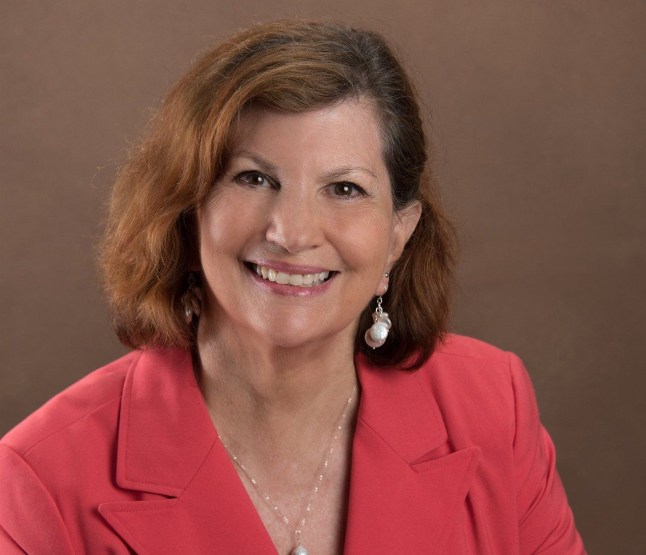
Within four years, the group were involved in more than 750 bills across the nation, had increased the legal drinking age to 21 and saw more prosecution and harsher sentences for offenders.
‘I wasn’t even a registered voter when I started MADD. But I was so motivated by rage and anger. I just wanted to convince people that drinking and driving wasn’t socially acceptable,’ Candace explains.
Today, her phenomenal work is believed to have saved up to 600,000 lives and she was voted one of the most influential American citizens of the twentieth century in 1985.
‘If I’m in a bar and I see that somebody’s drunk, I go up to the bartender and I ask them to refuse them service, and then I speak to the person and tell them they can’t drive. I’ve stayed with some until they found another way to get home,’ she says.
Mothers who made a difference
Doreen Lawrence

Doreen’s son Stephen Lawrence was murdered in a racist attack in South East London in 1993. In 1999, after years of her campaigning, a wide-ranging judicial inquiry established to investigate the circumstances of Stephen’s death concluded that the Metropolitan Police was institutionally racist, which was one of the primary causes of their failure to solve the case. In 2003 Doreen was awarded the OBE for services to community relations and she was made a life peer in 2013.
Sara Payne

Eight-year-old Sarah Payne was abducted and murdered by a convicted paedophile in 2000. In the wake of her death, mother Sara fought tirelessly to enact Sarah’s Law – the Child Sex Offender Disclosure Scheme – which has protected hundreds of children against predators. Sara was given an OBE in 2008 and in the following year, she was named the UK’s first Victims’ Champion.
After Cari’s death, Candace was too busy to deal with her grief. It all caught up with her five years after the tragedy and she started seeing a psychologist.
Today, Candace believes Cari would have been proud of her campaigning mother. ‘If she had lived, she was the one most prone to do something similar. She was always coming home from school and protesting injustice in her classroom,’ she explains.
‘And that’s my thing; I can’t stand injustice. So I think she’s cheering us on. I see her greeting other children who have died, coming forward and taking care of them. That’s the kind of girl she was.’
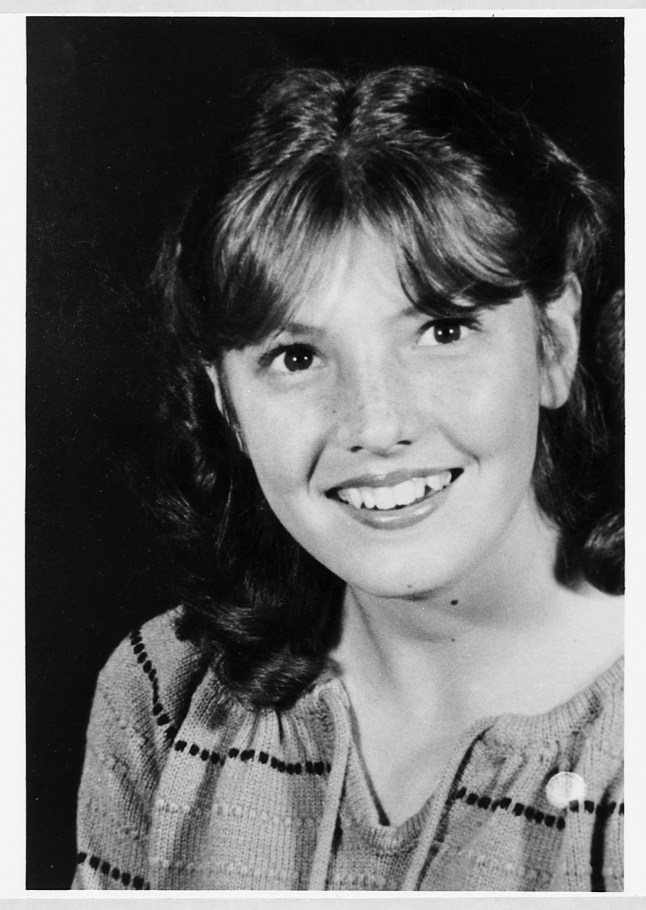
‘Campaigning helps me because I couldn’t help Martyn that evening’
When Figen Murray lost her son Martyn Hett in May 2017, she already knew he had gone 24 hours before his death was confirmed by the police.
‘It was at 11.45pm, about 45 minutes after it happened. I felt it in my tummy; like a physical, gentle punch’, she remembers.
Figen had gone to sleep by 10pm that night. Her two children who still lived at home were busy with revision and coursework and husband Stuart was working downstairs, so she took herself to bed. Martyn’s sister Louise woke Figen 45 minutes later with the news that the Manchester Arena had been attacked during an Ariana Grande concert. It was where Martyn had been spending the evening.

Together, Louise and Figen watched the news and spoke on the phone to Martyn’s friends who had also been at the venue. No one could find him.
‘I said to Louise: “I suddenly have no sense of him at all. He’s vanished from the planet. There’s nothingness.” And then it dawned on me. I looked at her and said: “Your brother’s dead.” I just knew it,’ she remembers.
The devastating news was confirmed 24 hours later; Martyn was one of the 22 people killed, while hundreds of others were left with life-changing injuries, in the Manchester Arena bombing when Salman Abedi detonated a home-made device in the arena foyer at the end of the concert.

The next day Figen and Stuart went to identify his body. ‘It was just horrendous. They had set it up like a private hospital room, and he was in a bed covered with his head on a pillow, very heavily bandaged up. He didn’t look dead.
‘I thought for a moment, “Oh, my god, they’ve got it wrong. They’ve got the wrong person. He’s asleep.” And then I kissed him on his cheek. That’s when I realised he had gone as his cheeks were completely ice cold. I realised they had taken him out of the freezer for that one hour. It’s something I don’t wish on anybody,’ Figen remembers sadly.
Martyn was about to turn 30 when he died. He was looking forward to big celebrations, but strangely he had always declared that he wouldn’t make the milestone.

‘He always said: “I’m going to die in a spectacular fashion before my 30th birthday”. And when he died, we didn’t know what to do about burying or cremation. That was until one of his friends told me it was all written down on his laptop; his entire funeral, all the songs he wanted, all the songs he didn’t want.
‘He wanted everyone dressed in black with something fabulous. He wanted two white horses and a white coach. We did exactly as instructed.
‘I’m immensely grateful he wrote all that down because I took it as a gift from him to us,’ adds Figen. ‘I don’t know whether he had a premonition. The way he lived life was 200 miles an hour. He lived so fast and many people said he crammed two lifetimes into one life.’
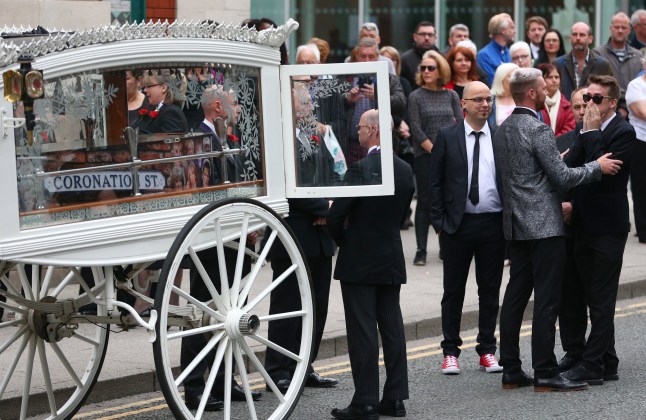
Remarkably, Figen publicly forgave Abedi, explaining that she understood he had been radicalised. ‘I have never been angry or resentful. The only emotion I have ever felt to this date is sorrow. There’s always this cloud of sadness above me,’ she explains.
The following year, her four remaining children bought Stuart tickets for a Katie Melua concert at a Manchester venue. It was to be the first time the pair had gone into Manchester after Martyn’s death.
‘I was getting ready and I changed my handbag because I thought, “All I need is my phone and some tissues. I only need a tiny bag”. And I wanted to make the bag search easier. I fully expected that in a big venue like that, there would be security everywhere, especially after what happened.
Mothers who made a difference
Tanya Ednan-Laperouse
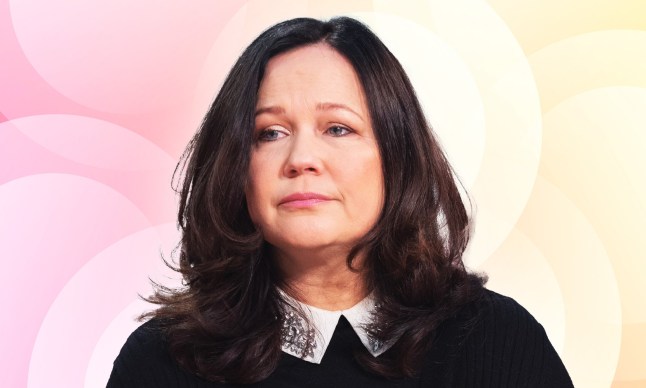
Tanya’s fight for new legislation came after her daughter died in 2016. Natasha Ednan-Laperouse, who had a sesame allergy, died from anaphylactic shock in France after she ate a baguette from Pret a Manger Heathrow in July 2016. Nathasha’s Law, which was enacted in 2021, means all food retailers are now required to display the full ingredients and allergens on every food item sold.
Esther Ghey

Esther’s daughter Brianna Ghey was murdered in a premeditated attack in a Warrington Park in 2023. Since then she has campaigned for social media reform and set up Peace and Mind UK, a service dedicated to improving mental health for young people.
She found the strength to publicly forgive her daughter’s murderers and has been able to share a friendship with one of their mums. ‘I forgive the children that took Brianna’s life away from me but that’s for me it’s not for them it’s because I don’t want to carry that hate in my heart,’ she previously said.
‘When we got there, we walked in and nobody even checked our tickets, never mind gave a bag search. I was crying during the concert. How could it be that 18 months after 22 people died, a lot of them children, there was no security? They’d been forgotten already,’ she explains sadly.
The realisation spurred Figen, 64, to start an online petition from her kitchen table ito improve security at large venues.
‘It crawled up very slowly to about 23,300 signatures by the end of the six months, then it stopped,’ she remembers. ‘After 10,000 signatures the Government has to write to you – and sure enough I got a letter saying that it is a great petition but that there was already existing security legislation and they will not be making any changes.

‘Fortunately, Brendan Cox [widower of murdered MP Jo Cox] rang me halfway through saying he wanted to help me speak to his contacts in Government.’
The intervention was a success and last year Martyn’s Law, or the Terrorism (Protection of Premises) Bill was introduced. The legislation, which is currently going through the lengthy parliamentary approval, requires venues with a capacity of more than 100 to improve security and train their staff against the threat of terrorism and require all venues to have a counter-terrorism plan in place.
Figen has since been regularly travelling to London to work with a team of co-campaigners and meeting government officials to formulate how her vision would be put into practice and implemented as law.
Mothers who made a difference
Anne Diamond
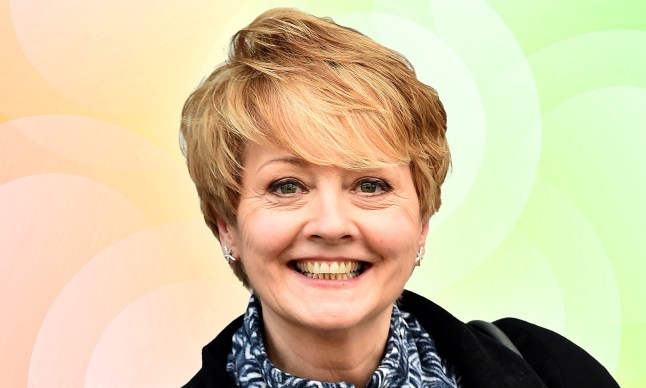
After the loss of her son Sebastian Hollingsworth to sudden infant death syndrome (SIDS) in 1991, TV presenter Anne led the ‘Back to Sleep’ campaign, educating parents on safe sleeping positions. It was one of the most successful public health campaigns ever and she is believed to have saved thousands of lives.
She has also completed a Master’s degree in counterterrorism so that she can better understand the issues and can now hold her own in conversations with politicians, the police and security professionals.
In light of her work, Figen has since been honoured with countless awards and an OBE in the 2022 New Year’s Honours and has spoken to 30,000 young people in schools, colleges and universities about radicalisation.
‘I feel so ashamed and guilty because I was fast asleep. One of my five children was on a stone floor slowly dying, and I wasn’t there to save him. As a mother, I absolutely can’t reconcile that in my head at all,’ explains Figen.
‘The day Martyn died was my last day working as a therapist. What I do now is important work, as it gives my child’s death a purpose. It also helps me process my grief, because I couldn’t help Martyn that evening.’
MORE: My daughter did everything she was meant to – then police failed her
MORE: My mum fostered children – then chose them over me
MORE: They were meant to be close friends, then Yolanda Saldívar murdered her famous boss









